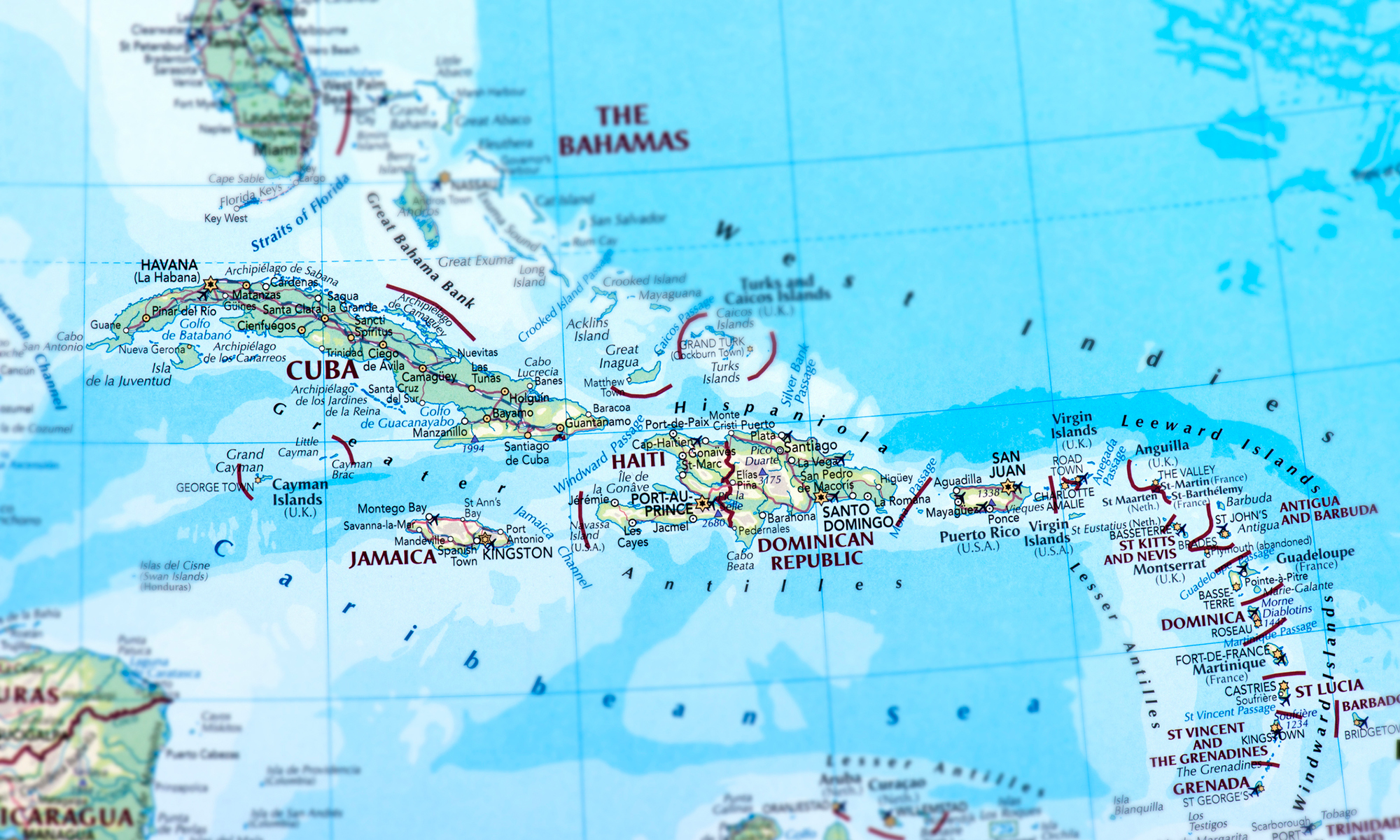The Cuban government recently issued rules and regulations for companies that will operate in the first free-trade manufacturing zone in Cuba. Located in the Port of Mariel, thirty miles west of Havana, the Mariel Special Development Zone will house manufacturing plants that assemble and make products for both domestic and international markets, as well as a megaport designed to eventually replace freight operations at the Port of Havana which cannot accommodate large ships. A highway and railroad infrastructure is also being built to provide access to the zone.
The 180-square mile complex is intended to promote exports by allowing companies to bypass bureaucratic red tape and benefit from simplified customs procedures. The completed project will not only facilitate exports for the reasons noted below, but is also intended to replace certain imports, develop high tech projects and create much needed jobs. The undertaking is designed to become the primary import-export complex in Cuba.
On April 3, 2013, the Cuban government published a legal decree in the Official Gazette detailing rules for the “maquiladoras”, the manufacturing plants in the free-trade zone that will import and assemble duty-free components for export. The decree establishes rules for the area and its operations, including customs fees and tax exemptions. In particular, the decree sets forth customs regulations that will exempt companies operating in the zone from the payment of import taxes, meaning goods can then be re-exported with higher added value.
Brazil is providing $640 million of the financing for the $900 million project, with Cuba funding the balance. Grupo Odebrecht, the Brazilian multinational construction and engineering firm, is building most of the infrastructure of the project. The first phase of project is expected to open this month with the start of some port operations. However, it is not clear when the manufacturing zone will commence operations.
The Port of Mariel has the potential to become one of the major hub-ports of the Caribbean, as it will be able to accommodate the very large container ships transiting through the Panama Canal once the enlargement of the Canal is completed. Moreover, the Port of Mariel will be able to handle U.S. ships and cargo if and when the U.S. trade embargo is lifted, and until such time, can accommodate certain U.S. food exports to Cuba under licenses that are allowed under the embargo.
Jose A. Aquino is a Special Counsel in the New York Office of Duane Morris LLP, where he focuses his practice on commercial litigation, including construction law, government procurement law and mechanics’ lien law.
